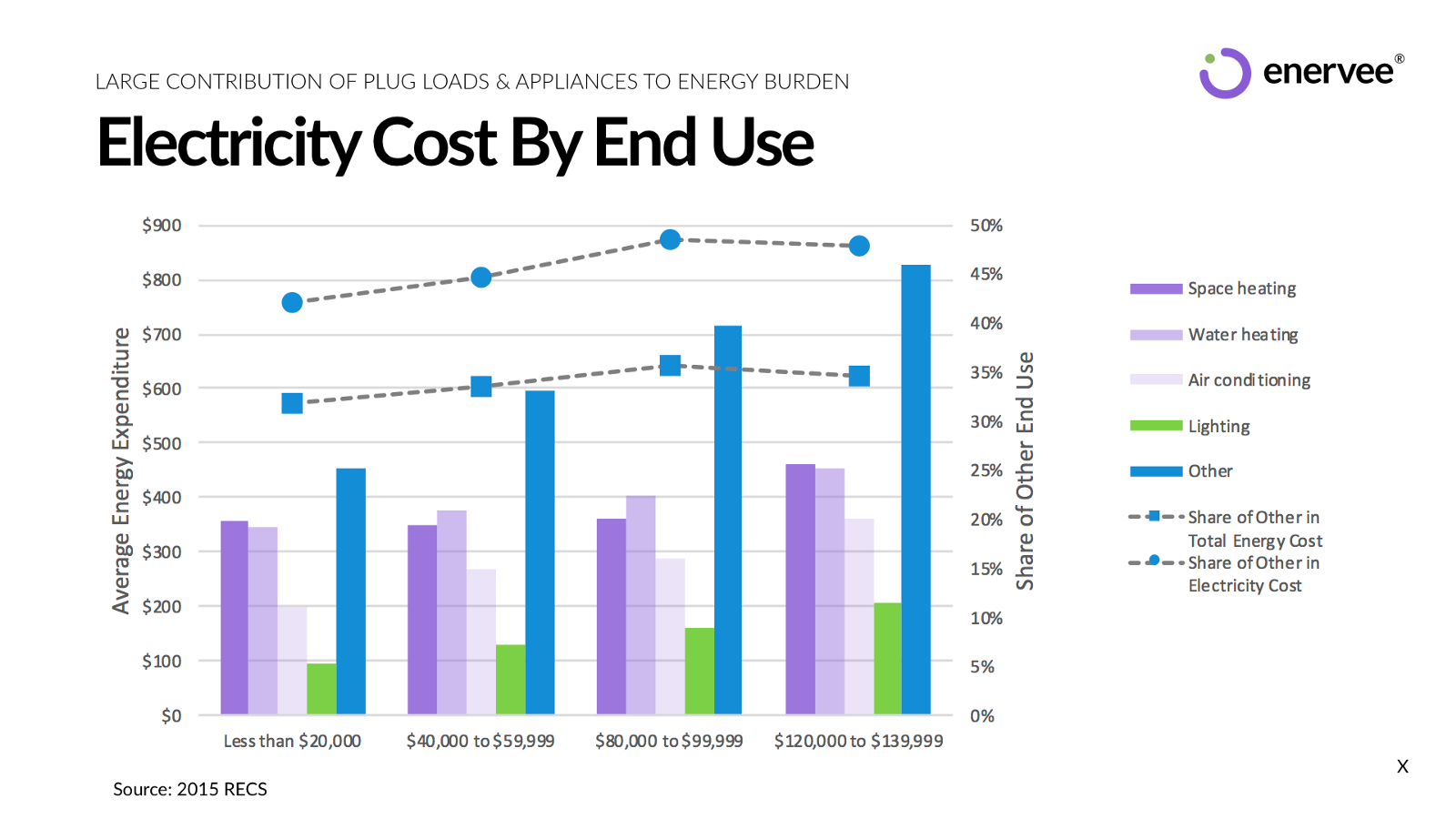ALICE And The "Energy Burden" of Louisiana.
ALICE is an individual known by many, even if they do not realize it. They go to work, pay their bills, raise families, etc. They are productive members of society, but are different in a few ways. But who is ALICE? ALICE, is an acronym that describes a certain type of household: Asset Limited, Income Constrained, Employed household.
ALICE: Asset Limited, Income Constrained, Employed
ALICE is a threshold of sorts. A threshold that is above the Federal Poverty Level, but below a basic survival threshold. ALICE households are working households, composed of men and women; young and old; urban, suburban, and rural; all races and ethnicities; and they live in every parish of Louisiana. They work hard for their earnings, but still do not earn enough to afford the five basic household necessities of housing, child care, food, transportation, and health care. In Louisiana, there are 368,682 ALICE households, while another 327,037 households live below the poverty level. In total, 40 percent of Louisiana households earn below the ALICE threshold.
Alice households are working households, composed of men and women; young and old; urban, suburban, and rural; all races and ethnicities; and they live in every parish of Louisiana.
Factors such as housing affordability, better employment opportunities, and public transportation infrastructure (to name only a few) all contribute to a homeowner’s classification within the ALICE threshold. Combine this with the energy burden of many households in Louisiana, and we start to see a serious problem.
The ACEEE (American Council for an Energy Efficiency Economy) defines “Energy Burden” as the percentage of a households income that goes toward energy costs, specifically the monthly utility bill. In the city of New Orleans, a quarter of low-income households in New Orleans experienced and energy burden of greater than 19 percent.
This burden is not at the fault of the homeowners, but it is where the burden rests. Many factors such as a depleting job infrastructure, inefficient housing conditions, and rising energy rates all contribute to the energy burden that many homeowners face today.
A significant portion of many low-income household’s earning are spent on energy utilities, and not just in New Orleans. Take Memphis for example: the median income for low-income households in Memphis is around $19,000, and they can spend upwards of $2,500 to $4,700 a year on utilities. Families like these households, who devote higher proportions of their income to utility bills, may have to make trade-offs between heating and cooling their homes and affording other important necessities, such as food, medicine, and childcare.
In New Orleans, low-income families spend on average almost 10 percent of their income on energy bills. This puts New Orleans in 4th place in the nation when it comes to the percent of income spent on utilities.
These findings help supercharge PosiGen’s mission of providing solar energy and energy efficiency to homeowners that need it most. PosiGen’s comprehensive solar energy package can be the help that homeowners need to ease the energy burden on their households.
When making your home more efficient, it starts with a desire to save on monthly energy bills. If cost is a barrier, PosiGen offers affordable packages that bundle energy efficiency upgrades with solar leasing, leading to sizable savings on utility bills, including monthly payments. We’ve had extensive experience in energy efficiency and solar energy since 2011, helping homeowners make their homes energy efficient and resilient in New Orleans, LA. Since then we’ve increased our reach and effort to bring energy savings to homes across the US. If you are a homeowner in Louisiana, Connecticut or New Jersey, reach out to our renewable energy and energy efficiency experts today and find out how we can help you save on monthly bills!
